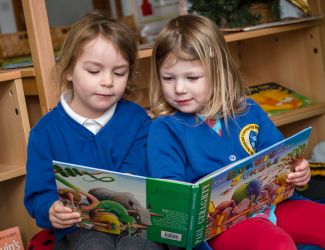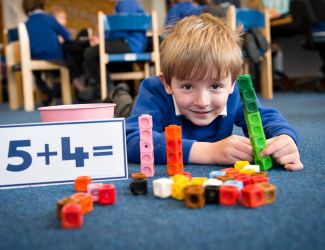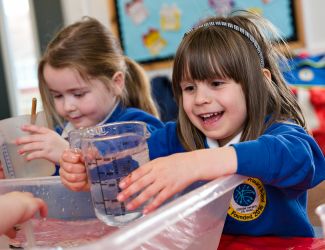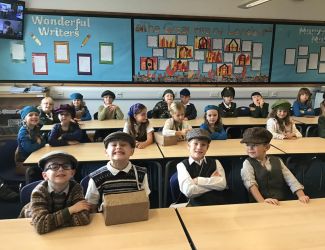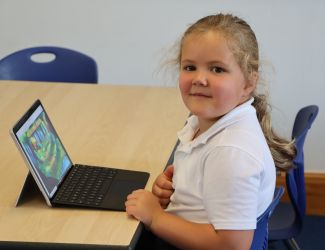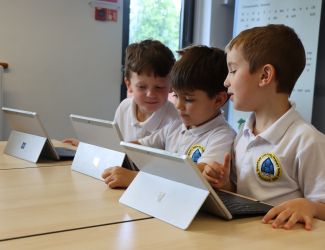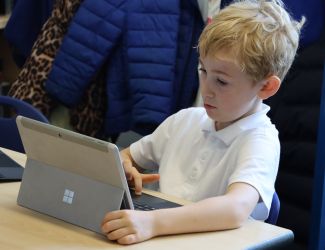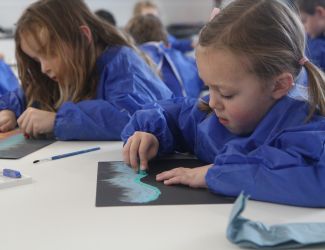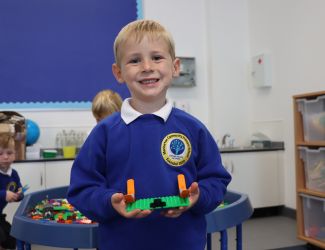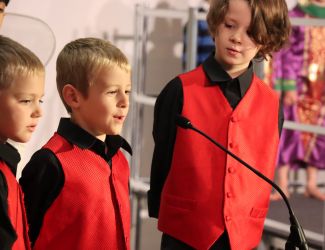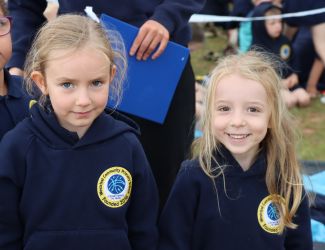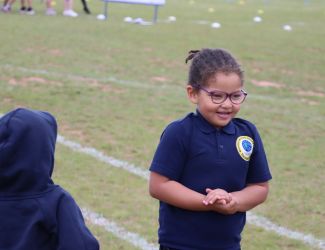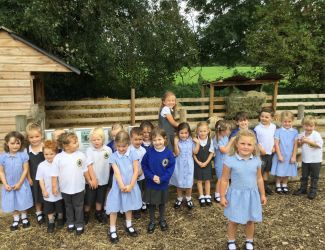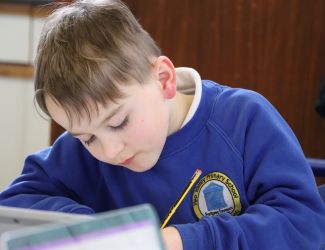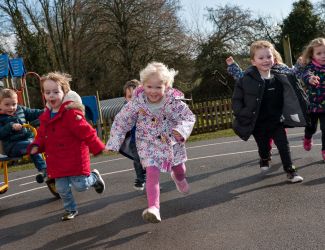Year 1 PSHE Curriculum
Personal, Social, Health and Economic (PSHE) education is a school subject through which pupils develop the knowledge, skills and attributes they need to manage their lives, now and in the future. It helps children and young people to stay healthy and safe, while preparing them to make the most of life and work. At Cornerstone, PSHE is our ‘golden thread’ and is delivered holistically in all we do, in the relationships we build with children, and the sense of togetherness children feel within the Trust. In Year 1, we deliver learning opportunities within the themes of: Health and Wellbeing, Relationships and Living in the Wider World. This builds on the skills that pupils started to acquire during the Early Years Foundation stage (EYFS) to develop effective relationships, assume greater personal responsibility and manage personal safety, including online. Weekly discussion sessions encourage children to explore the subject content below and all children have the opportunity to discuss any concerns and thoughts with their mentors through our mentoring programme.
Relationships: Ourselves and others; similarities and differences; individuality; our bodies; people who care for us; groups we belong to; families
- What they like/dislike and are good at
- What makes them special and how everyone has different strengths
- How their personal features or qualities are unique to them
- How they are similar or different to others, and what they have in common
- That family is one of the groups they belong to, as well as, for example, school, friends, clubs
- About the different people in their family / those that love and care for them
- What their family members, or people that are special to them, do to make them feel loved and cared for
- How families are all different but share common features – what is the same and different about them
- About different features of family life, including what families do / enjoy together
- That it is important to tell someone (such as their teacher) if something about their family makes them feel unhappy or worried
Health and Wellbeing: Being healthy; hygiene; medicines; people who help us with health; keeping safe; people who help us
- What being healthy means and who helps help them to stay healthy (e.g. parent, dentist, doctor)
- That things people put into or onto their bodies can affect how they feel
- How medicines (including vaccinations and immunisations) can help people stay healthy and that some people need to take medicines every day to stay healthy
- Why hygiene is important and how simple hygiene routines can stop germs from being passed on
- What they can do to take care of themselves on a daily basis, e.g. brushing teeth and hair, hand washing
- That people have different roles in the community to help them (and others) keep safe - the jobs they do and how they help people
- Who can help them in different places and situations; how to attract someone’s attention or ask for help; what to say
- How to respond safely to adults they don’t know
- What to do if they feel unsafe or worried for themselves or others; and the importance of keeping on asking for support until they are heard
- How to get help if there is an accident and someone is hurt, including how to dial 999 in an emergency and what to say
Living in the Wider World: Money; making choices; needs and wants; ourselves and others; the world around us; caring for others; growing and changing
- What money is - that money comes in different forms
- How money is obtained (e.g. earned, won, borrowed, presents)
- How people make choices about what to do with money, including spending and saving
- The difference between needs and wants - that people may not always be able to have the things they want
- How to keep money safe and the different ways of doing this
- How kind and unkind behaviour can affect others; how to be polite and courteous; how to play and work co-operatively
- The responsibilities they have in and out of the classroom
- How people and animals need to be looked after and cared for
- What can harm the local and global environment; how they and others can help care for it
- How people grow and change and how people’s needs change as they grow from young to old
- How to manage change when moving to a new class/year group

